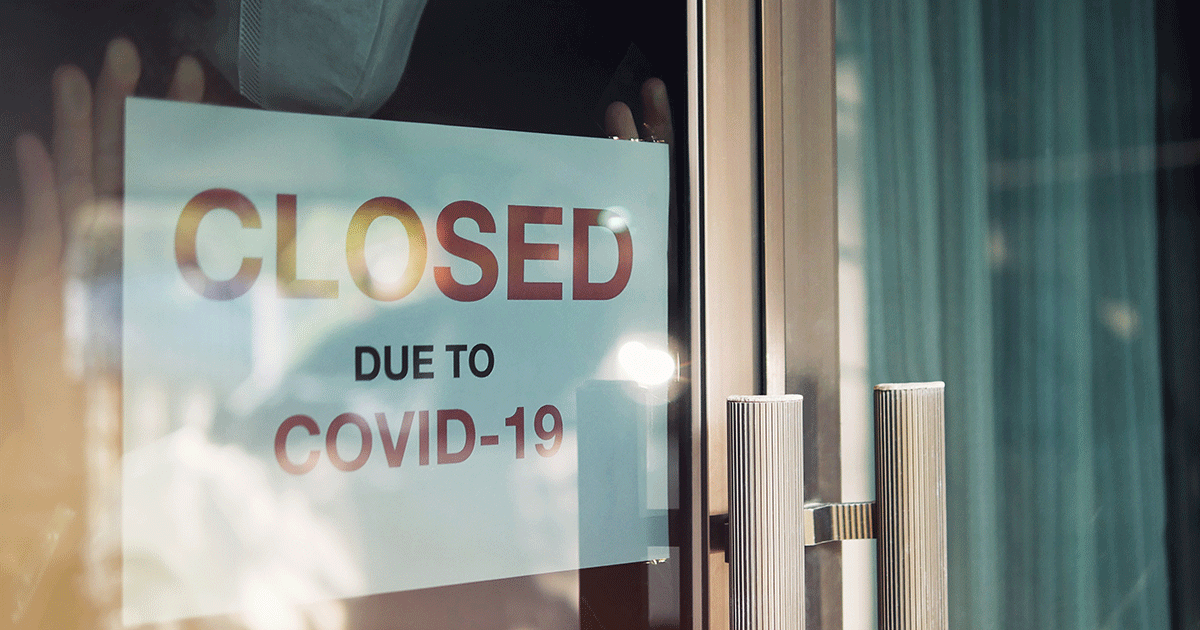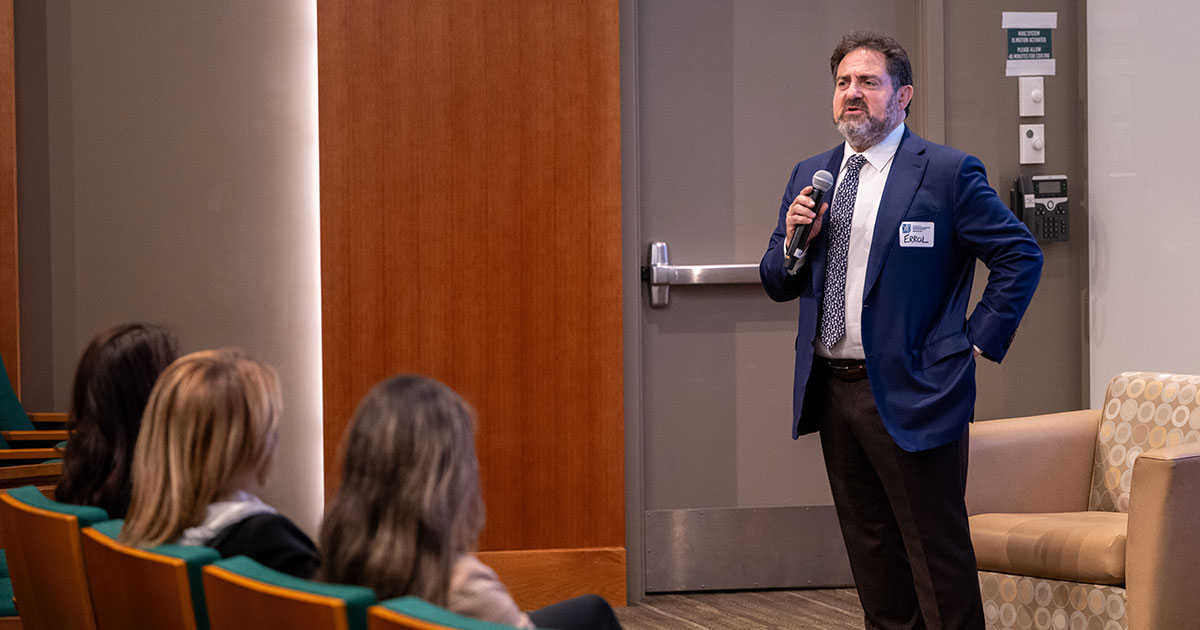Pandemic Impacts Entrepreneuring Women at Work and Home

The COVID-19 pandemic has impacted all business owners. The Diana International Research Institute (DIRI) team wanted to uncover just how it impacted a specific category of business owners: women.
“Women business owners have been particularly hard hit by the pandemic crisis on both the business and home fronts,” said Amanda Elam, Diana International Research Institute fellow, Center for Women’s Entrepreneurial Leadership at Babson College.
The first of several pulse surveys from Babson’s DIRI was designed to better understand how women entrepreneurs are leading during this global crisis. It found that for a majority of responders—67.4%—revenue had declined. Only 8.1% saw an increase because their product/service fitted needs in the new remote environment.
How are the entrepreneurs responding to the revenue decline? Nearly 40 percent of business owners are deferring or reducing executive pay, more than one-third are delaying payment, and one-quarter are reducing employee hours.
The survey found that women-owned businesses face key structural inequalities due to smaller size and business age, and these businesses also are over-represented in the industries hardest hit by both need for essential services and the economic shutdown.
“The ability of many of these women to adapt their businesses to new circumstances is further hampered by an explosion of family care duties resulting from school closures and home healthcare demands,” Elam explained.
The silver lining? “Two-thirds of the women business owners in our survey reported that they found the best support and resources from other business owners and entrepreneurs. This finding highlights the importance of healthy business networks for women entrepreneurs in the midst of a global crisis,” Elam said.
What’s the takeaway? Elam says, “There is nothing like a crisis to highlight both the strengths and the weaknesses in a business model. More than a quarter of the women business owners we surveyed reported the launch or expansion of online services as a clear opportunity for their businesses, while another 15% saw online marketing as an important opportunity. At the same time, 16% also found important lessons in financial management and crisis planning.”
DIRI is the first institution to uncover and report that women entrepreneurs receive less than 3% of venture capital.



